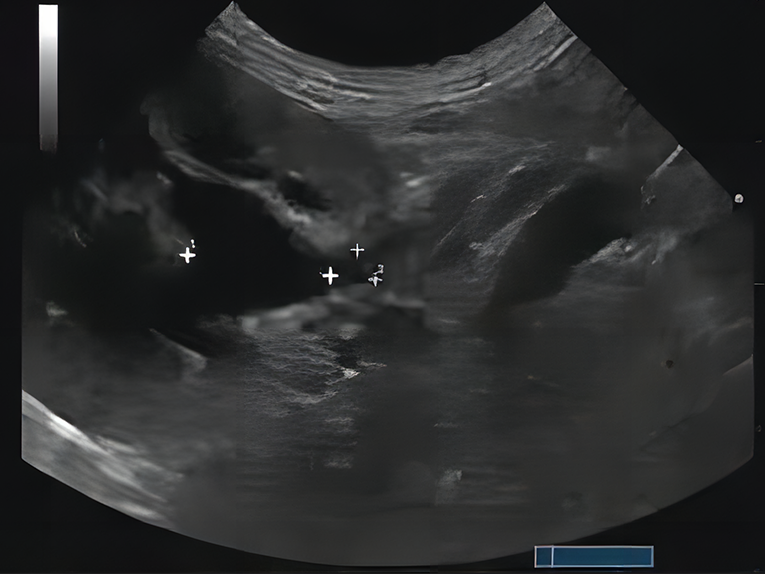Causes of pyelonephritis in dogs:
Pyelonephritis is a disease that involves inflammation of the kidneys, usually caused by a bacterial infection. If a dog has bacteria in its urinary system, it can travel all the way to the kidneys and it can lead to pyelonephritis. Cats, like dogs, sometimes get pyelonephritis. A handful of different bacteria are the culprits behind pyelonephritis, including E. coli, streptococcus, staphylococcus, and enterobacteria. While bacterial infections that begin in the urinary tract are a very common trigger for pyelonephritis in canines, blood-borne infections spread through the bloodstream can also cause pyelonephritis. However, blood-borne infections are significantly less common. If your dog has pyelonephritis, you can detect it by looking for its main symptoms.
When a dog has pyelonephritis, an pet ultrasound can help to visualize the condition of its kidneys. The following are the symptoms of pyelonephritis that an ultrasound may show:
Enlarged kidneys: the kidneys may appear enlarged and irregular in shape.
Dilated renal pelvis: the renal pelvis may appear significantly dilated, possibly due to urine accumulation or infection.
Parenchymal changes: The parenchymal portion of the kidney may show abnormal echoes, suggesting the presence of inflammation or infection.
Perinephric fluid: In some cases, fluid may accumulate around the kidneys, which is due to an inflammatory response.
Increased echoes in the kidneys: the kidneys may have increased echoes, which may be associated with inflammation or fibrosis.
If pyelonephritis is suspected in your dog, a combination of other tests, such as urinalysis, blood tests, and bacterial cultures, in addition to ultrasound, are usually needed to confirm the diagnosis and develop an appropriate treatment plan.
Post time: Aug-13-2024





